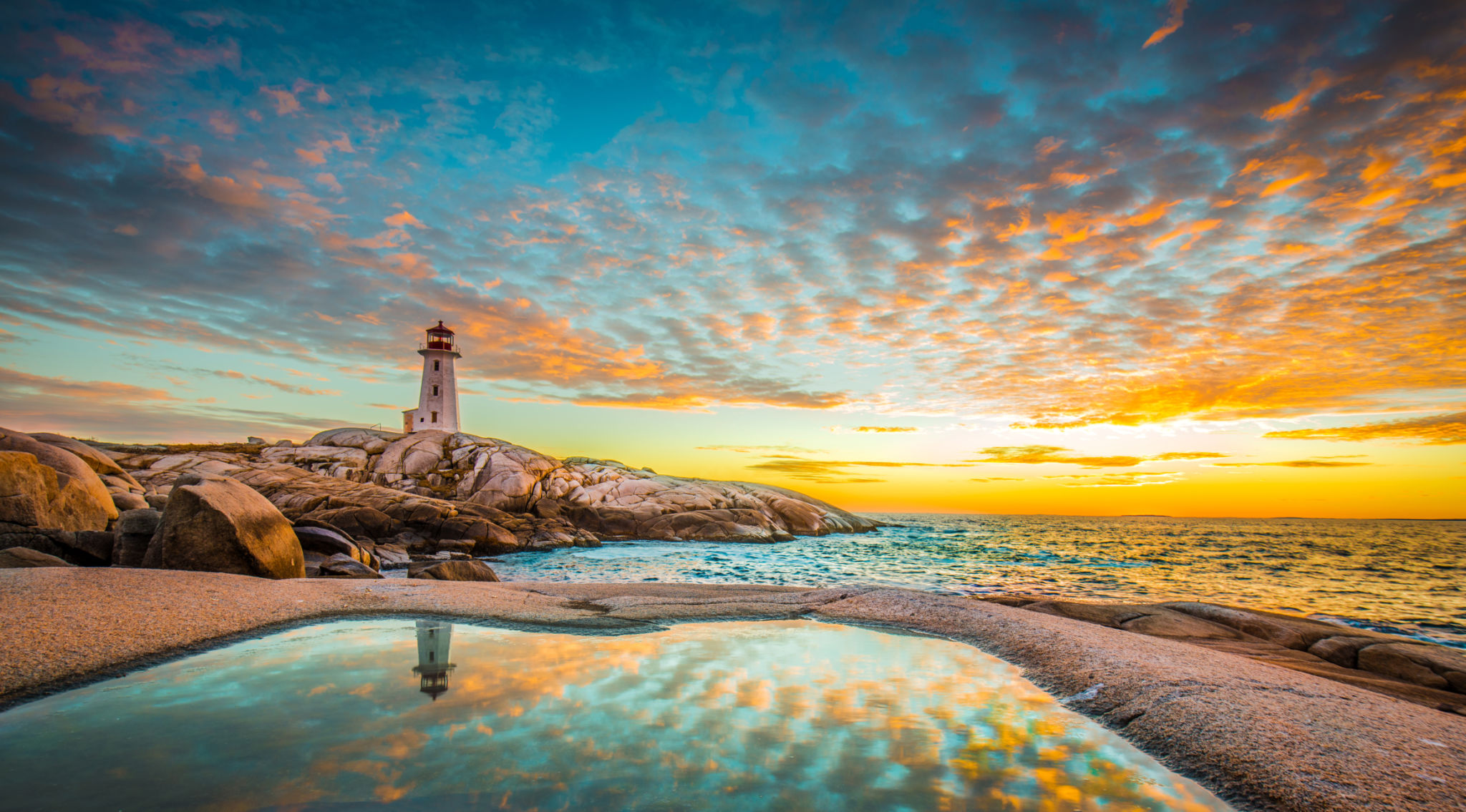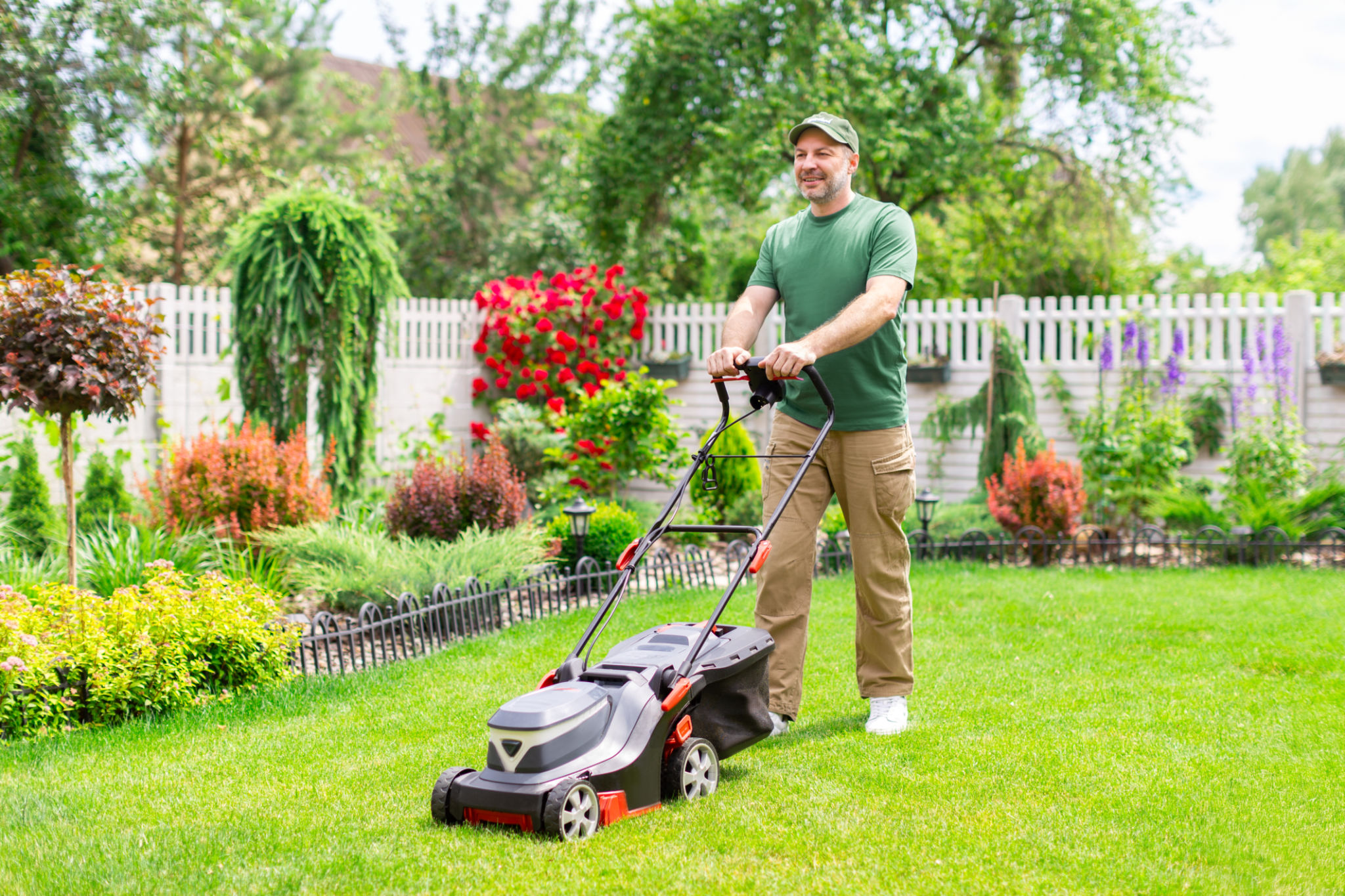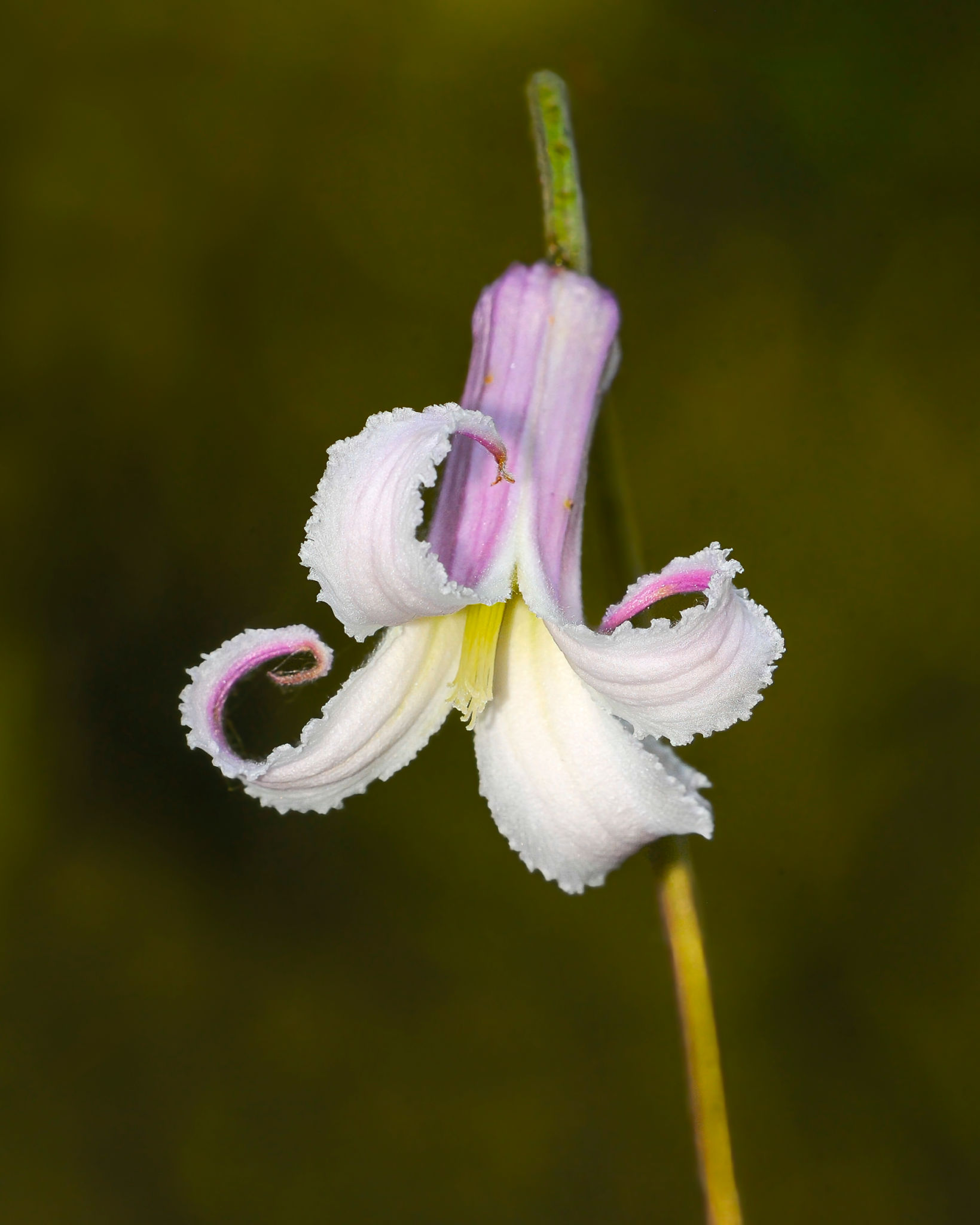Eco-Friendly Lawn Care Practices for Yulee's Coastal Climate
Understanding Yulee's Coastal Climate
Yulee, located in the heart of Florida's northeastern coast, enjoys a unique climate that poses distinct challenges and opportunities for lawn care. With its sandy soils and humid subtropical weather, Yulee is characterized by warm, humid summers and mild winters. These conditions are ideal for certain types of grasses, but they also require specific eco-friendly lawn care practices to maintain a vibrant and healthy landscape.
Adopting environmentally sustainable practices is crucial not only for the health of your lawn but also for preserving the local ecosystem. By understanding the specific needs of your coastal lawn, you can make informed decisions that benefit both your yard and the surrounding environment.

Choosing the Right Grass
Choosing the right grass species is the first step in establishing an eco-friendly lawn. In Yulee's coastal climate, it's essential to select grass varieties that are well-adapted to sandy soils and salty air. Consider using St. Augustine grass, Bahia grass, or Zoysia grass, all of which thrive in Florida's coastal regions.
These grasses are not only resilient but also require less water and fertilization compared to other varieties. This means fewer resources are needed to maintain a lush, green lawn, reducing your environmental impact.
Watering Wisely
Water conservation is a critical aspect of eco-friendly lawn care. In Yulee's climate, overwatering can lead to fungal diseases and nutrient runoff into local waterways. To conserve water, consider installing a drip irrigation system or using soaker hoses to deliver water directly to the roots where it's needed most.
Water early in the morning or late in the afternoon to minimize evaporation and ensure that your lawn receives the maximum benefit from each watering session. Additionally, monitor rainfall patterns and adjust your watering schedule accordingly.

Nourishing Your Lawn Naturally
Fertilizing your lawn naturally can significantly reduce chemical runoff and promote a healthier ecosystem. Use organic fertilizers made from natural ingredients like bone meal, compost, or seaweed extracts. These options enrich the soil without introducing harmful chemicals.
Another effective approach is to practice grasscycling by leaving grass clippings on your lawn after mowing. This practice returns essential nutrients to the soil and reduces the need for additional fertilization.
Mowing Practices for Sustainability
Mowing correctly is another essential component of sustainable lawn care. Set your mower blades to a higher setting to allow your grass to grow longer, which helps retain moisture and shade the soil, reducing water evaporation.
Avoid mowing during peak heat hours to prevent stress on your grass. Additionally, maintain your mower blades to ensure clean cuts that promote healthy growth and reduce disease risk.

Controlling Weeds and Pests Naturally
In an eco-friendly lawn care regimen, controlling weeds and pests without relying on chemical solutions is vital. Introduce natural predators like ladybugs and lacewings to control pest populations organically.
For weed control, manual removal or the use of natural herbicides made from vinegar or citrus oil can be effective. Regularly aerating your lawn can also improve soil health and prevent weed growth by encouraging strong root systems.
Embracing Native Landscaping
Incorporating native plants into your landscaping not only enhances biodiversity but also creates a more sustainable yard. Native plants are adapted to the local climate and require less water and maintenance than non-native species.
Consider planting native shrubs, flowers, and ground covers around your lawn to create a beautiful and environmentally friendly space that supports local wildlife.

The Benefits of Eco-Friendly Lawn Care
By adopting eco-friendly lawn care practices in Yulee's coastal climate, you contribute to a healthier environment while enjoying a beautiful yard. Sustainable practices help conserve water, reduce chemical use, support local ecosystems, and promote biodiversity.
Your efforts not only enhance your property's curb appeal but also play a role in protecting Florida's delicate coastal environment for future generations. Embrace these practices today for a greener tomorrow!